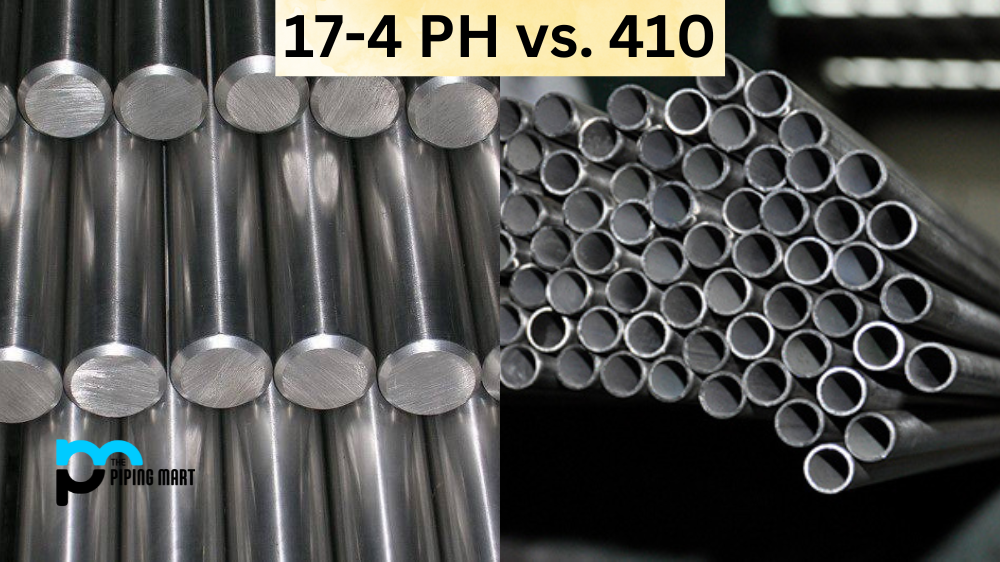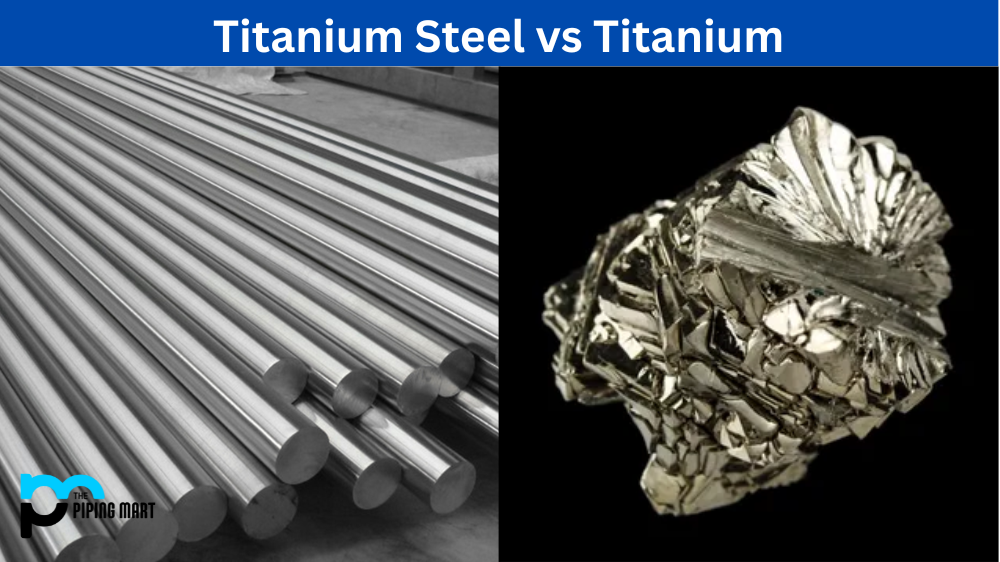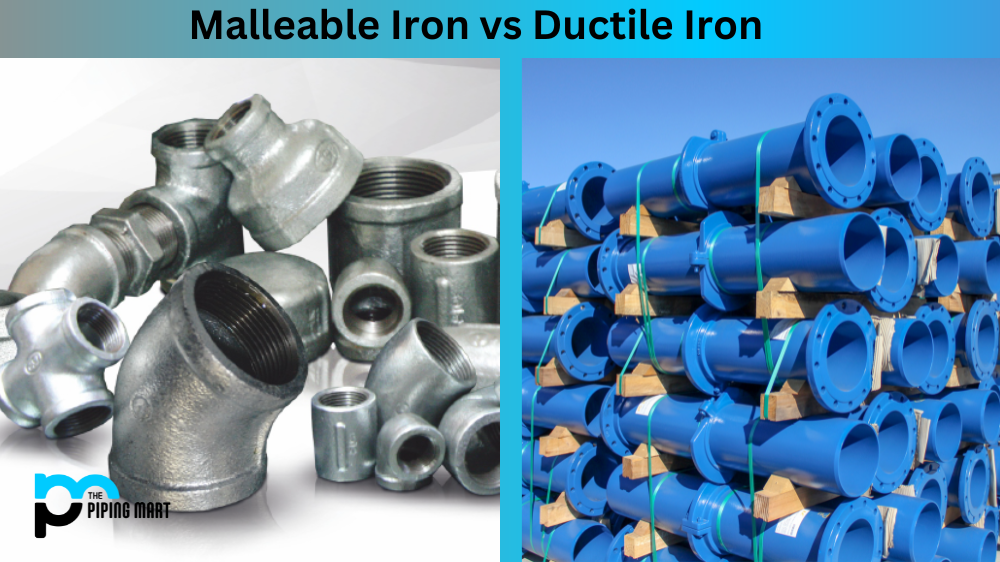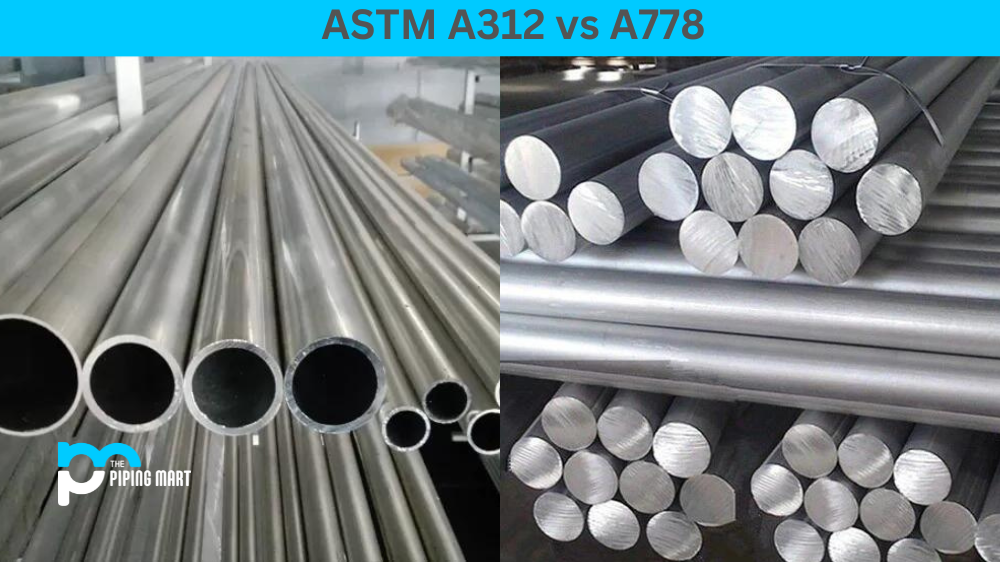You might wonder what material to choose if you are looking for a metal alloy with excellent corrosion resistance, strength, and durability. When choosing between 17-4 PH and 410 stainless steel, both alloys offer unique properties that make them suitable for different applications. This blog post will compare 17-4 PH and 410 stainless steel alloys, highlight their strengths and weaknesses, and help you decide which is better for your project.
Difference Between 17-4 PH and 410 Stainless Steel
- 17-4 PH is chromium-nickel-copper precipitation hardening martensitic stainless steel.
- 410 is a martensitic stainless steel for applications requiring high mechanical properties and good corrosion resistance.
- 17-4 PH is typically used in applications that require high strength and good corrosion resistance, such as valves, pump parts, and fasteners.
- 410 is typically used in applications that require moderate to high strength and good corrosion resistance, such as cutlery and kitchen utensils.
- Some of the key differences between 17-4 PH and 410 stainless steel include the following:
- 17-4 PH has a higher chromium content than 410 stainless steel, which gives it better corrosion resistance.
- 17-4 PH has a higher nickel content than 410 stainless steel, which gives it better strength and hardness.
- 17-4 PH has a lower carbon content than 410 stainless steel, which makes it less susceptible to carbide precipitation during heat treatment.
Conclusion
Choosing between 17-4 PH and 410 stainless steel alloys depends on the specific requirements of your project. If you need a metal alloy with exceptional strength, corrosion resistance, and durability, 17-4 PH stainless steel might be your best choice. However, if cost is a more significant factor and you do not require high levels of corrosion resistance, 410 stainless steel can be a great option. Before deciding which alloy to use, discussing your specific needs with your supplier or manufacturer is important to ensure you choose the right material for your project.

Abhishek is a seasoned blogger and industry expert, sharing his insights and knowledge on various topics. With his research, Abhishek offers valuable insights and tips for professionals and enthusiasts. Follow him for expert advice on the latest trends and developments in the metal industry.




